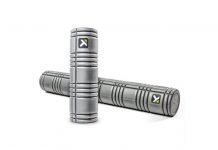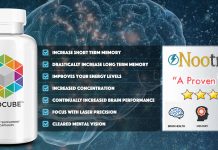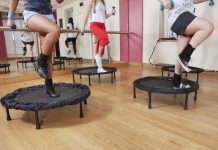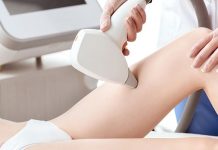
The International Women’s Day (IDD) falls on March 8. Many companies and organizations are planning to celebrate this festival for women. Maybe most of them are thinking about what kind of gifts should be prepared for female employees. Actually, I think it will be good to offer a physical exam to all women. This kind of gift is much more important than any other kind of gifts in my opinion. Most seriously, more females like stay up all night. So it is very necessary for them to have physical exams.
As we known, physical examination (PEx) skills are declining among medical trainees, yet many institutions are not teaching these systematically and effectively. Many variables contribute to effective teaching: teachers’ confidence in their clinical skills; ability to demonstrate and assess these skills; availability of suitable patients; trainee attitude and fatigue; and belief that institutions do not value clinical teachers. Finally, the relevance and significance of a systematic exam must be demonstrated or the teaching degenerates into a ‘show-and-tell’ exercise.
Firstly, let’s talk about what is physical exams.
A physical examination (more popularly known as a check-up) is the process by which a medical professional investigates the body of a patient for signs of disease. It generally follows the taking of the medical history—an account of the symptoms as experienced by the patient. Together with the medical history, the physical examination aids in determining the correct diagnosis and devising the treatment plan. This data then becomes part of the medical record.
Secondly, we need to know why should we have physical exam.
The simple yet essential process of conducting the physical exam is “low hanging fruit.” With the ascendance of technology, there began to be less and less emphasis on what is obviously on the body that you can easily diagnose. We often spend so much time with that entity in the computer, what I call the ‘Patient, that the real patient in the bed is often left wondering, ‘Where is everybody? What are they doing?’ I sense that we’re spending very little time at the bedside.
Many of us recognized that there was a gap between what the medical record claimed was done on the patient, and the actual execution of the task. It reflects an increasing dependence on technology, and only paying lip service to the actual examination of the patient. It would be a shame for us to have reached this place where the only way we can make certain diagnoses is by ordering expensive and fancy tests when the diagnosis was really there all along for us to see.
It is said that over 80% of diagnoses are made on history alone, a further 5-10% on examination and the remainder on investigation. Whether this adage is true or not may be open to debate but it is clear that history and examination skills remain at the very core of clinical practice. This record will aim to provide you with some helpful tips; your patients will teach you the rest.
Dr. Danielle has an important piece in the New York Times: “The Physical Exam as Refuge.” As an outpatient physician, she makes the case that the physical examination provides a special time for the physician to focus entirely on the patient. Is examination time the refuge for the harried physician, and the opportunity to engage the patient in extended conversation about their condition? “While I did outpatient medicine for almost 20 years, for the past 15 I have focused only on inpatient medicine. As some comments suggest, the physical examination yields more information when the patient has clinical symptoms that when the examination is routine.”
I believe that the physical examination is useful in evaluating the hospitalized patient. Without spending much time we can quickly remember three recent patients who we helped considerably because of physical findings.
In conclusion, physical examination is important in patient-physician interactions, a valuable contributor to accurate clinical diagnosis, and can be taught effectively using practical tips.
As we known, health is the most precious for everyone, so I think it will be valuable for us to offer a physical exam to women on International Women’s Day may cause many more females pay more attention on the importance of physical exam.
Read our full review about one of the best nootropic supplements: Mind Lab Pro



























